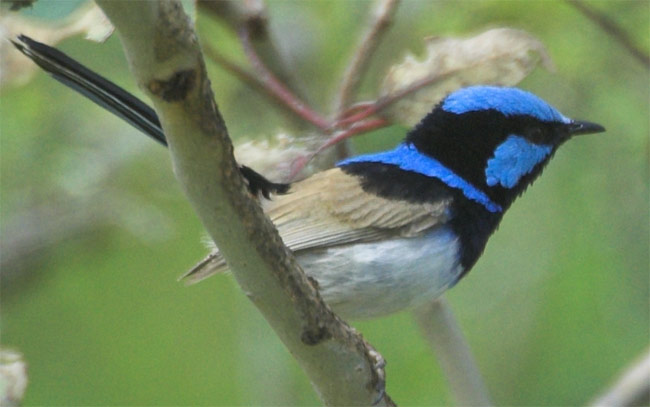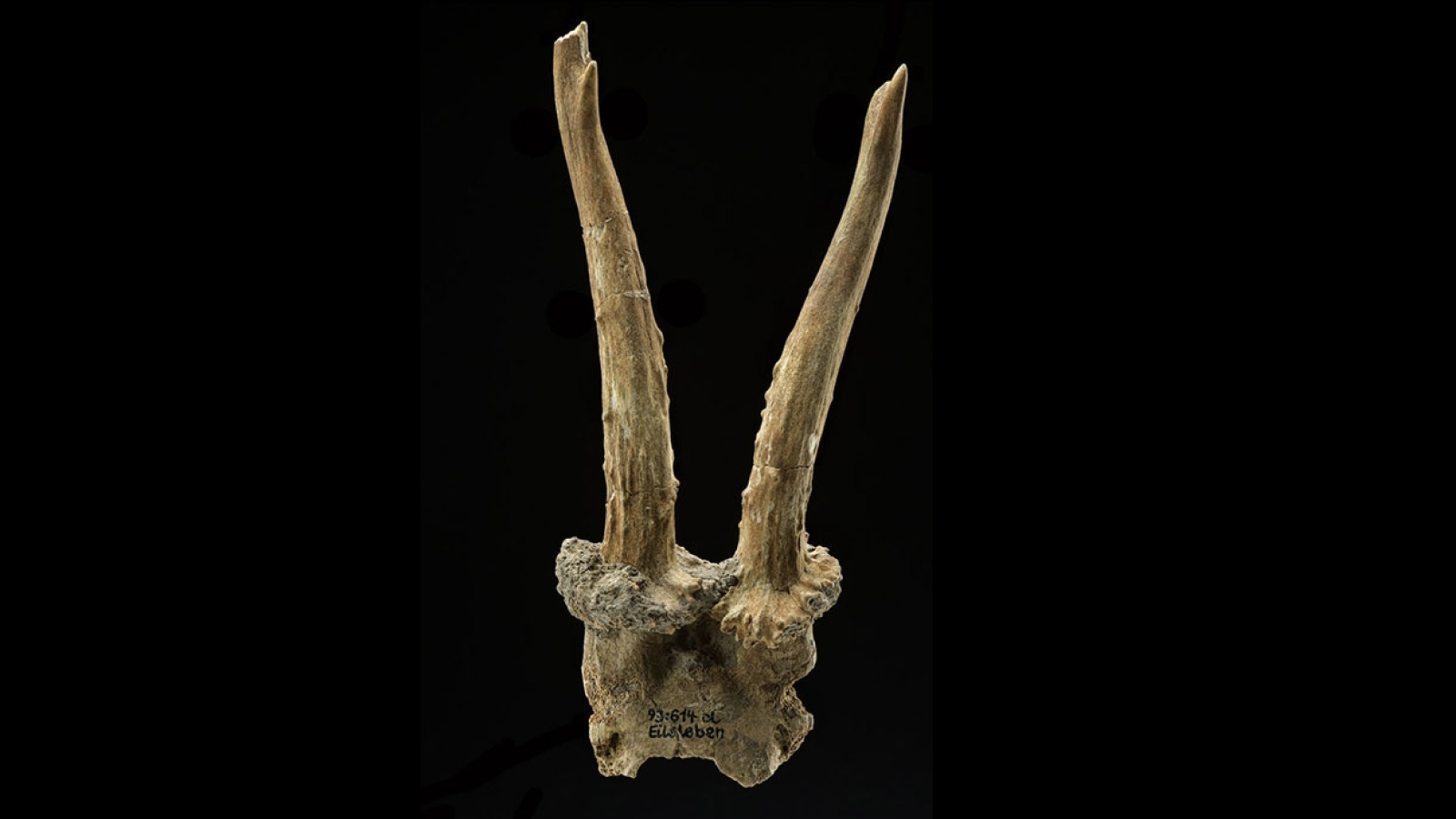Promiscuous Mama Birds Bank on 'Nannies'

Get the world’s most fascinating discoveries delivered straight to your inbox.
You are now subscribed
Your newsletter sign-up was successful
Want to add more newsletters?

Delivered Daily
Daily Newsletter
Sign up for the latest discoveries, groundbreaking research and fascinating breakthroughs that impact you and the wider world direct to your inbox.

Once a week
Life's Little Mysteries
Feed your curiosity with an exclusive mystery every week, solved with science and delivered direct to your inbox before it's seen anywhere else.

Once a week
How It Works
Sign up to our free science & technology newsletter for your weekly fix of fascinating articles, quick quizzes, amazing images, and more

Delivered daily
Space.com Newsletter
Breaking space news, the latest updates on rocket launches, skywatching events and more!

Once a month
Watch This Space
Sign up to our monthly entertainment newsletter to keep up with all our coverage of the latest sci-fi and space movies, tv shows, games and books.

Once a week
Night Sky This Week
Discover this week's must-see night sky events, moon phases, and stunning astrophotos. Sign up for our skywatching newsletter and explore the universe with us!
Join the club
Get full access to premium articles, exclusive features and a growing list of member rewards.
Child care can be costly, even in the avian world. Some clever and promiscuous mama birds save their energy and get a boost in health by relying on helper birds for "free" offspring-care, new research shows.
The study reveals how female superb fairy-wrens (Malurus cyaneus) skimp on allocating energy-costing nutrition to eggs developing inside them. Instead, they rely on helper birds later on to compensate by providing extra food to the offspring once they hatch from less nourished eggs.
The energy savings results in longer life spans for the mother wrens and therefore more opportunities for breeding. And that means the females will have more offspring during a lifetime.
Common in southeastern Australia, superb fairy-wrens either breed as pairs (one male and one female) or in groups in which one dominant male gets breeding access and one to four male helpers forego reproduction to care for offspring. The helpers are often sons from a previous breeding.
“Mothers effectively steal the child care from their current brood and spend this energy on producing more young in the future,” said study team member Rebecca Kilner of the University of Cambridge. The results are detailed in the Aug. 17 issue of the journal Science.
Free labor
Scientists have known that fairy-wren parents get child-rearing assistance from helpers, but have been puzzled by the fact that offspring don't appear any healthier.
Get the world’s most fascinating discoveries delivered straight to your inbox.
In a series of experiments, one of which involved swapping eggs between "helper" nests and "paired" nests, the researchers found the solution.
Females with nest helpers produced eggs that were 5 percent smaller with disproportionately smaller yolks and lower nutritional content, resulting in smaller chicks, than females without helpers. "The females massively under-nourish their eggs if they are breeding in a group," Kilner told LiveScience. "All of the hard work put in by the helpers after hatching, in fact, goes to make up for the lack of investment that the female has put into her egg."
The researchers aren't certain what's in it for the helpers, though one idea is the helper could move in as the dominant male when the current one leaves.
Life is good
The female wrens living in groups have it "good," in many ways, Kilner said. With little male babysitters, mothers were more likely to survive to the following breeding season than females without helpers.
But that's not all. The dominant male in the nest might even be sort of "duped" into fatherly duties when he's not actually the biological father.
The female superb fairy-wrens typically lay four eggs, one a day, and are considered one of the most promiscuous species in the avian world. And a female will frequently fly off to other nests before dawn to get an egg fertilized by another male.
"Then she flies back before her social male (dominant male in the nest) gets up," Kilner said. In many instances, the dominant male in the nest will not have paternity of any of the eggs.
"She looks really boring compared with the males," Kilner said. "But at the end of the day she's the one that's running the show."
- Image Gallery: Rare and Exotic Birds
- VIDEO: Extraordinary Birds
- Mating Game: The Really Wild Kingdom
Jeanna Bryner is managing editor of Scientific American. Previously she was editor in chief of Live Science and, prior to that, an editor at Scholastic's Science World magazine. Bryner has an English degree from Salisbury University, a master's degree in biogeochemistry and environmental sciences from the University of Maryland and a graduate science journalism degree from New York University. She has worked as a biologist in Florida, where she monitored wetlands and did field surveys for endangered species, including the gorgeous Florida Scrub Jay. She also received an ocean sciences journalism fellowship from the Woods Hole Oceanographic Institution. She is a firm believer that science is for everyone and that just about everything can be viewed through the lens of science.
 Live Science Plus
Live Science Plus





